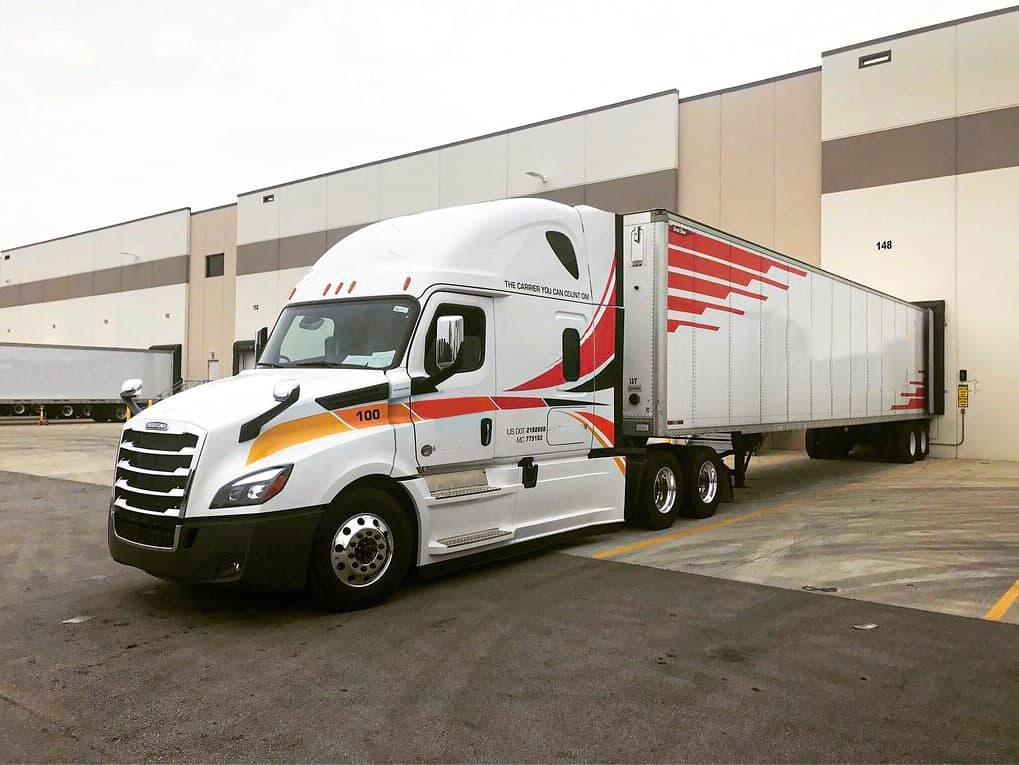

“Looking at the world through a sustainability lens not only helps us ‘future proof’ our supply chain, it also fuels innovation and drives brand growth.” Paul Polman
Shipments that don’t fill an entire truck are called Less-than-Truckload (LTL) or Less-Than-Container-Load (LCL). These happen across the country every single day. It’s a great way to ship items because it allows for shippers to be more flexible. It can help save money, time, and be a more environmentally friendly option.
LTL is helpful for businesses that often don’t have shipments that require a full container to ship. Usually, these shipments are paid for based on volume, and they are consolidated into other shipments. It’s a tremendous option for small businesses because they can ship fewer items while spending less money. LTL brings with it the benefit of shipping with a professional freight company without the high price of unused space.
LTL also results in fewer trucks used, because multiple LTL shipments can be consolidated to create fuller truckloads. This in turn causes reduced emissions and lowers the carbon footprint for all businesses involved!
With the demand increase that ecommerce has brought, businesses need to be ready to meet the needs of their customer base. When companies use LTL, it helps eliminate the need of waiting for each shipment to fill an entire truckload.
There are times when an LTL shipment can cost as much as a full truckload even if it only takes up ½ or ¾ of a truck. This is when it’s important to build a relationship with a shipping partner that can handle consolidation. This means that multiple LTL shipments from several suppliers will be combined at a cross docking warehouse like Unibox, into a single truck that is headed to the same retailer. Most consolidation programs will have a consistent schedule and will need a connected lead time for retailer expectations.
There are many benefits to consolidation that coincide with LTL. Cost savings, speed to market so your freight gets delivered on time, and environmental friendliness are just a few. When dock space is limited, consolidation ensures that less trucks are required for pickups, rather than needing to accommodate several LTL shipments from multiple providers.
Unibox Warehouse can be treated as a consolidation center to help reduce costs and increase efficiency. With a close proximity to the Port of Chicago, our cross dock is often used for pallet fixing and redelivery, as well as consolidation or LTL shipments.